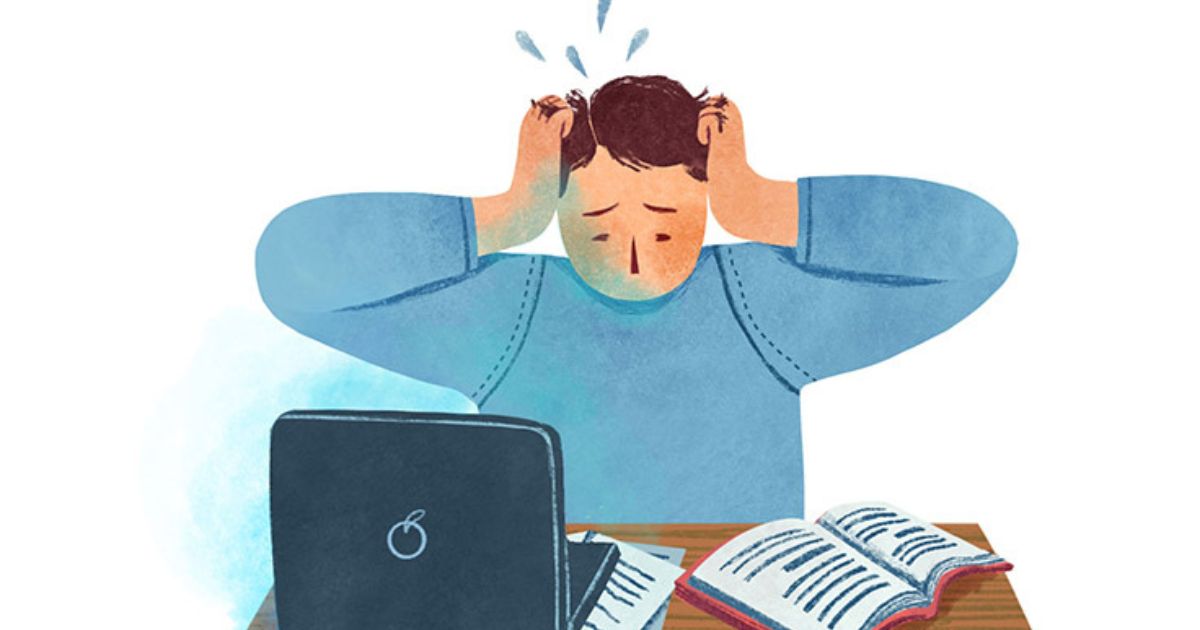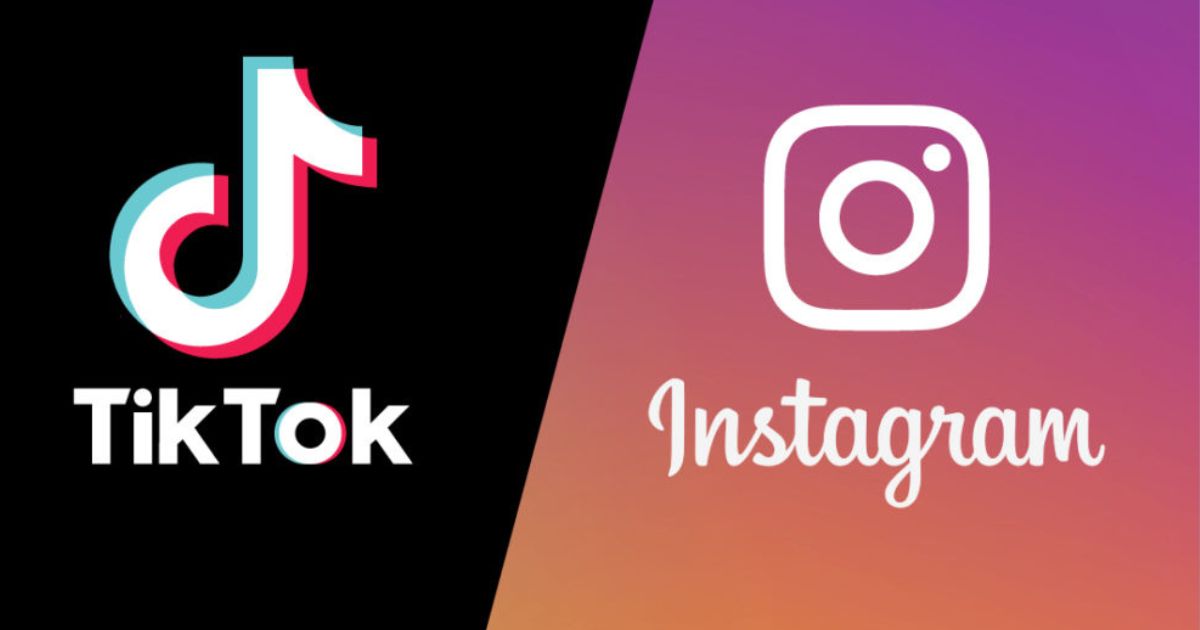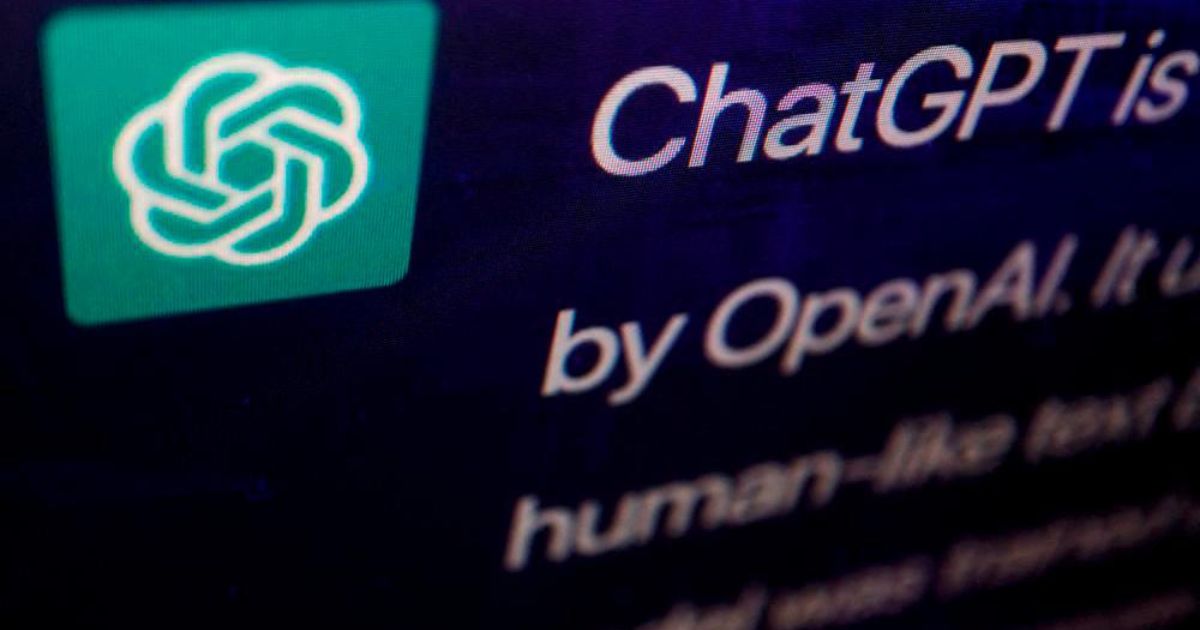Ever wondered why some folks trust AI with their lives, while others are wary? Join us as we delve into the intriguing world of AI trust and privacy concerns.
Do You Trust AI More?
A recent survey of 2,000 adults in the United States has shed light on the varying levels of trust and concerns people have when it comes to artificial intelligence (AI).
The study, commissioned by UserTesting and conducted by OnePoll, found that while many Americans are eager to embrace AI for its potential benefits, there are also significant privacy concerns lurking beneath the surface.
The survey revealed that 86% of respondents believe they know what AI is, but only 46% have a clear understanding of what it actually does. This knowledge gap underscores a fundamental lack of awareness regarding the capabilities of AI among the American population.
When it comes to trust, the generational divide is striking. Gen Z, the youngest generation, emerges as the most trusting of AI, with a whopping 67% expressing confidence in its abilities.
In contrast, baby boomers, the oldest generation surveyed, exhibit the lowest level of trust, with just 29% placing their faith in AI.
Interestingly, despite reservations about AI’s capabilities, many Americans are comfortable letting AI take the reins in various aspects of their lives.
For instance, 36% are fine with AI auto-ordering household items when supplies run low, and 33% are willing to let AI make reservations on their behalf. Some even entrust AI with their fashion choices, with 30% open to having AI select their clothing.
However, there are limits to this trust. A significant portion of respondents expressed reluctance to hand over certain responsibilities to AI, such as managing their taxes (31%), driving (28%), and monitoring their children (26%).
Privacy concerns loom large in the AI landscape. Seventy percent of those surveyed worry about their privacy when using AI, citing fears about not knowing how their personal data is being used (72%) and the annoyance of being bombarded with targeted ads (56%).
Surprisingly, millennials, despite being the most concerned about AI privacy at 72%, are paradoxically the most willing to share their personal information, with 73% willing to do so.
It’s clear that AI is already deeply integrated into many Americans’ daily lives, primarily through their computers (74%), smartphones (62%), and online shopping experiences (57%). A majority (72%) believe that AI can save them up to an hour in their daily routines.
Shoppers, in particular, have a strong belief in AI’s role in enhancing their experience, with 73% stating that AI improves their shopping experience by saving time, offering convenience, and personalizing their shopping journey.
As Black Friday approaches, a whopping 73% of shoppers plan to leverage AI to find the best deals on this bustling shopping day.
In conclusion, the survey paints a picture of a society at the crossroads of trust and apprehension regarding AI. While many are enthusiastic about its potential benefits, privacy concerns and a lack of understanding about AI’s capabilities continue to loom large.
As AI continues to play an increasingly prominent role in daily life, bridging this knowledge gap and addressing privacy concerns will be key to fostering greater acceptance and trust in AI technologies.








Leave a Reply
You must be logged in to post a comment.